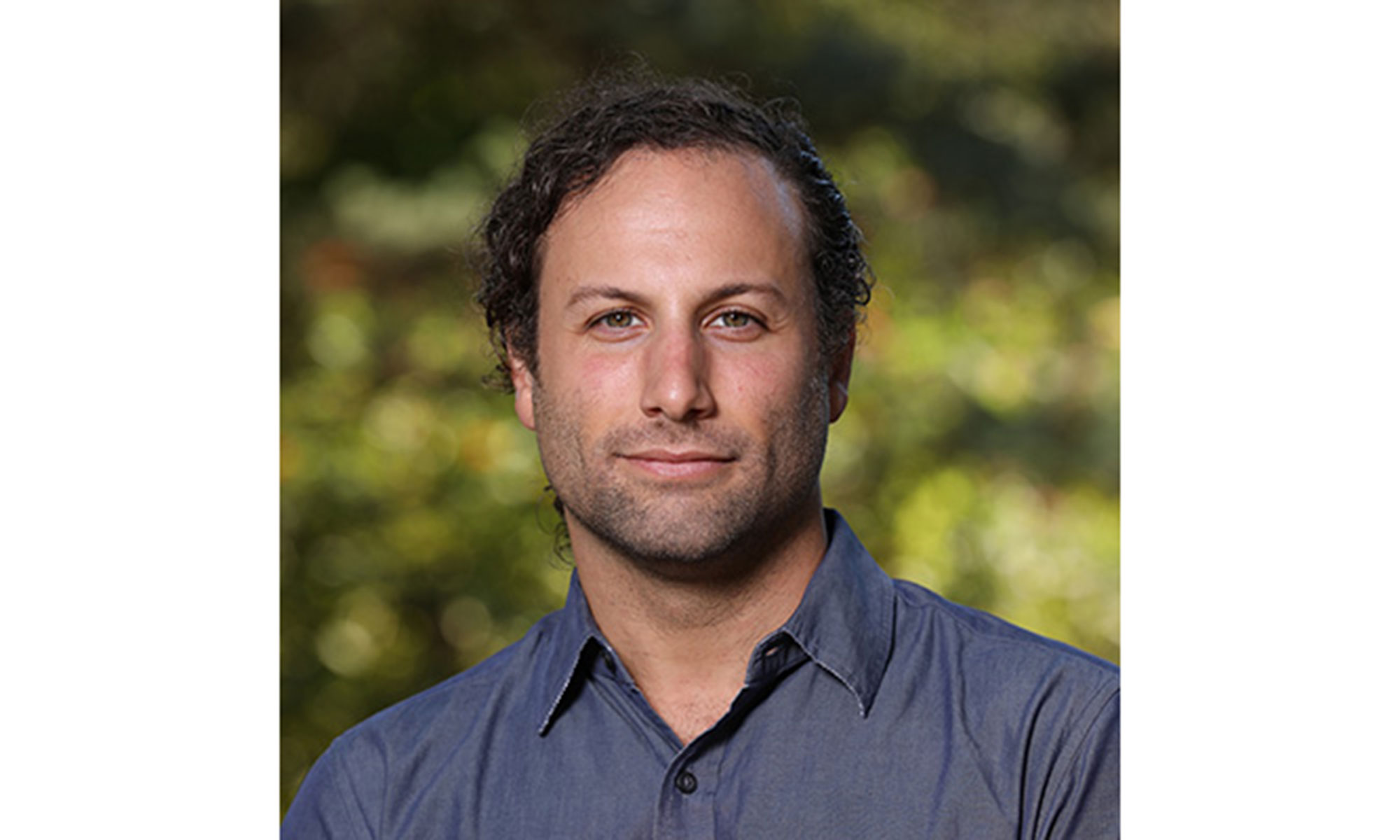'Of what should we be inclusive: Amdo Tibetan Supplemental Programs and the politics of inclusive pedagogy'
| Location: | |
| Ticket Info: |
Attend the seminar in-person or via zoom
|
| Questions: |
Assistant Professor
|
| Sponsor(s): |
The Global Studies Seminar presents “Of what should we be inclusive: Amdo Tibetan Supplemental Programs and the politics of inclusive pedagogy” by Denison University’s Assistant Professor Andrew Frankel.
Despite efforts of educational institutions, both globally and in the PRC, to articulate commitments to diversity and inclusion (Deng & Poon‐McBrayer 2012), some (e.g., Addy et al. 2022) avoid the potentially controversial implications of their claims: In what ways could inclusion of diverse perspectives further minoritize those whose ethnolinguistic cultures are not represented in mainstream schooling? To answer this question, I conducted ethnographic field work (70 days of participant observations and 99 interviews) at Amdo Tibetan supplemental education programs (sabjong), analyzing data to understand educators’ frameworks for conceptualizing the educational value of inclusivity. Such programs (sabjong) are theoretically significant cases to understand because they shed light on both the national social forces (and localized responses) that impact Tibetans’ experience in schooling as well as regionally pertinent questions regarding the politics of inclusive education in increasingly multiethnic Asian contexts. Findings from ‘Tibetanized’ (Zenz 2014) sabjong reveal that while educators do not universally disparage or exclude Chinese language or norms, they maintain protocols for the inclusion of Chinese ethnolinguistic culture (e.g., penalizing language mixing), and distinguish their approach from Chinese populations, who they claimed pursue schooling for individualized/instrumentalized purposes. While such perspectives reveal skepticism towards ‘diversity’ and are therefore exclusionary, educators also readily encouraged their students to learn Chinese and even study in ‘inner China’ if such decisions were characterized by ‘autonomy’ and ‘altruism’. Thus, the policing of inclusivity sheds light on the transnational applicability of DEI values and how these, too, may oppress already-minoritized populations in the Global South.
Frankel is an assistant professor with expertise in the Social and Philosophical Foundations of Education. He spent nearly a decade studying, teaching, and conducting research in Tibetan areas in China, Taiwan, and Nepal and generally focuses on minority communities’ responses to the pressures and opportunities created by mainstream schooling.
